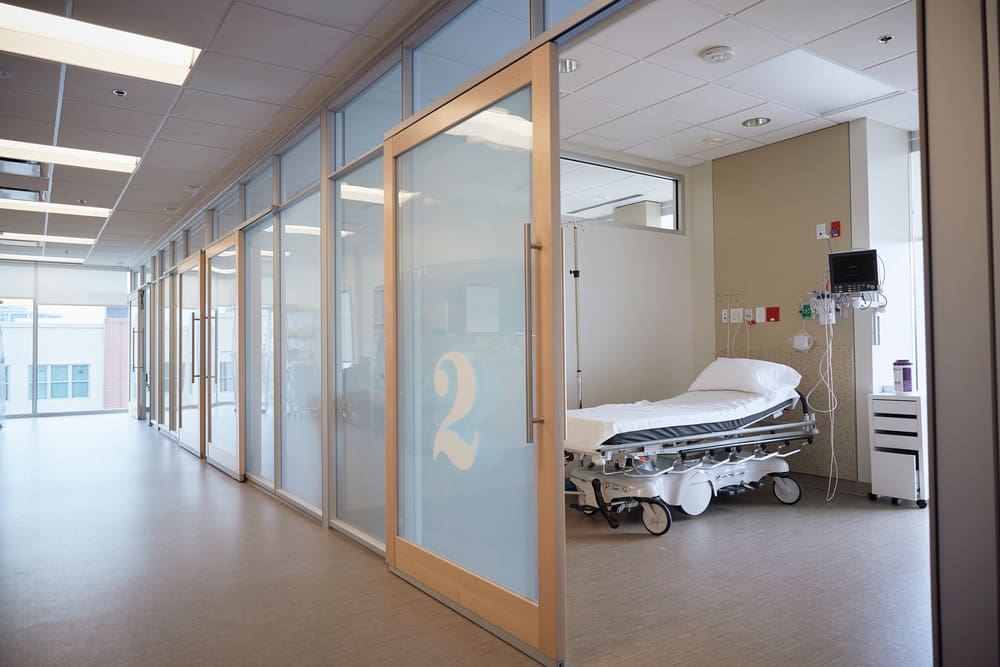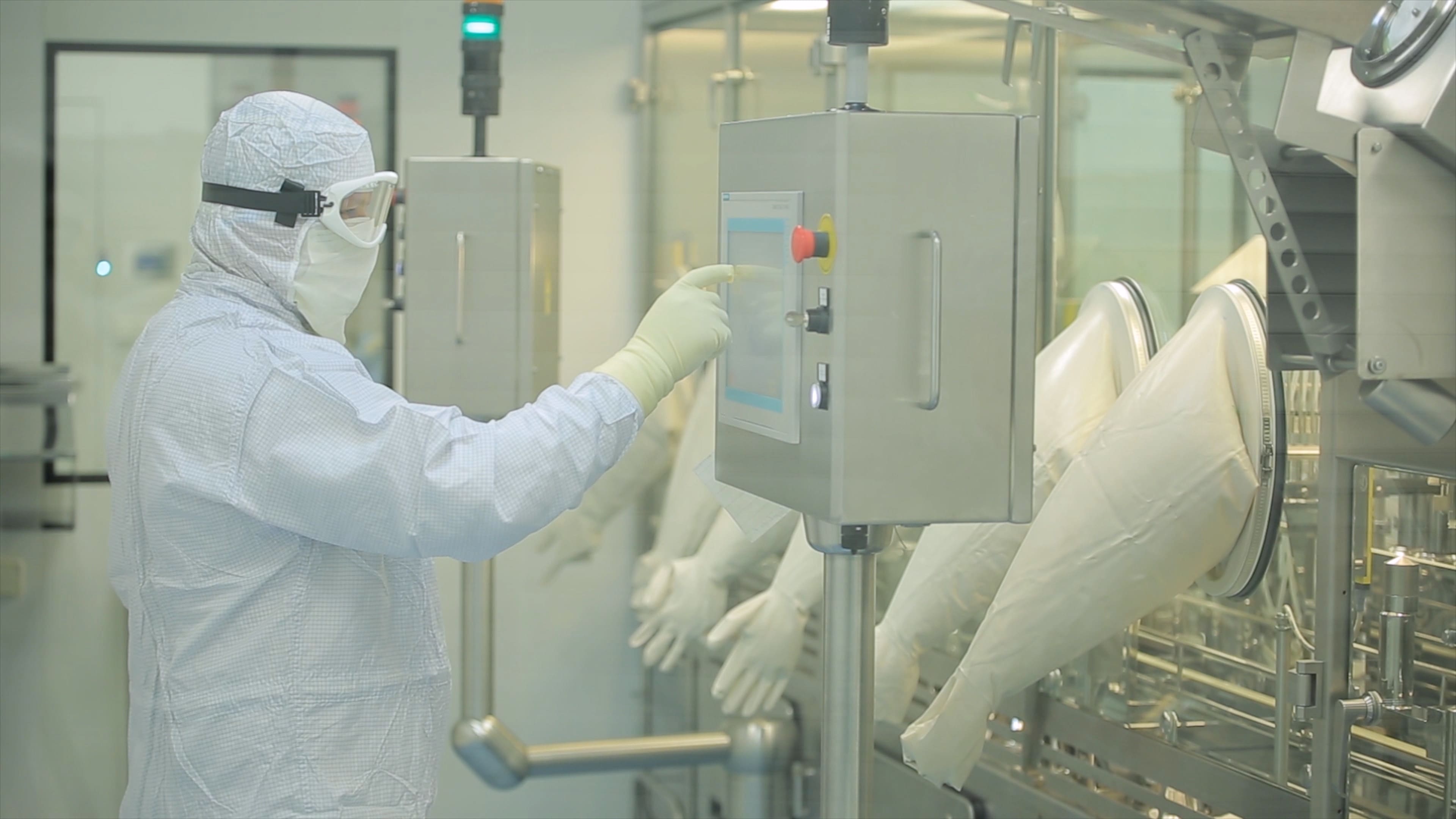Giving Back
The most cost effective employers (total directors fees paid divided by number of people employed) in their respective sectors are listed below along with their initiatives in Social Economic Development (SED) and Enterprise Development (ED).
Agriculture, Forestry and Fishing
Sea Harvest R577 per employee per annum
ED and SED Initiatives: The Group devotes considerable resources to employee skills development and employment equity, as well as projects that drive supplier and enterprise development, youth empowerment, job creation and rural development.
Mining and Quarrying
Impala Platinum R736 per employee per annum
ED and SED Initiatives: In financial year 2016/7 Impala spent R108m on community initiatives in health, education, infrastructure and enterprise development.
Manufacturing
Bell Equipment R222 per employee per annum
ED and SED Initiatives: In 2017 Bell spent R11m on the development of 51% black owned suppliers and R12.6m on early childhood and special needs education, artisan training and community care.
Construction
Murray and Roberts R825 per employee per annum
ED and SED Initiatives: The M & R annual reports states its belief that small, medium and micro enterprises are central to job creation and economic growth. They target interventions to identify and assist new vendors and give preference to BBBEE-compliant vendors.
Wholesale and Retail (includes leisure activities)
Sun International R65 per employee per annum
ED and SED Initiatives: During the 2016 financial year, Sun International’s investment in socio-economic development initiatives amounted to R17.5m.
Transport, Logistics and Communication
Grindrod R483 per employee per annum
ED and SED Initiatives: Grindrod’s Blue Fund gives marine students experience on marine research vessels and supports enterprise development in waste management and whale eco-tourism businesses. Education is supported through its Adopt-A-School programme and university students via the Cyril Ramaphosa Education Trust. Grindrod spent R87m on these initiatives in 2017.
Financial Services
Investec R297 per employee per annum
ED and SED Initiatives: Investec has a number of educational support initiatives at high schools and bursary schemes at universities the latter emphasising teacher education. It also supports the entrepreneurial programmes Junior Achievement SA and the Start Up School and its own Ennovate programme exposes young people to foreign economies. Investec spent R85.8m on these projects in 2017.
Personal Services
Life Healthcare R1221 per employee per annum
ED and SED Initiatives: Life Healthcare has committed R78m over a six year period (2013-2019) to sponsor doctor sub-specialist training and donated R1,2m in 2017 to promote physical activity at schools. Together with 22 other private healthcare companies Life has collaborated with the National Department of Health to fund 74 undergraduate medical students which date has cost R31m.
These SED and ED initiatives are limited to those companies making the most cost effective employers list. If one can conceptualise multiplying that by the initiatives of all 17,000 companies profiled on the WOW database it is clear there is a significant untold story of corporate goodwill in South Africa.
Probably the most significant impact is that of enterprise development where there are many inspiring examples of sustainable supplier development programmes run by corporates. This impact was given a significant boost by the new BEE codes gazetted in 2013 which regulated that, of the 3% after tax profit the codes require corporates to spend on ED, 2% must be developing their own suppliers.
While both the state and business are on the same page regarding the need to develop the small business sector initiatives in this respect usually operate in silos and there is considerable duplication of efforts. There is a general lack of evidenced based strategies to develop this sector.
The Small Business Institute is currently raising funds for a much needed baseline study to map the small business eco-system and results of this study could lead to a co-ordinated effort to give this critical sector the effective support it so badly needs.
Perhaps a silver lining of our recent dark past is a renewed co-operation between business and the state which could have far-reaching consequences. An effective and co-ordinated effort by the state and business to boost the SME sector could have a seismic impact on economic growth and job creation.
Contact us to access WOW's quality research on African industries and business
Contact UsRelated Articles
BlogCountries Human health and social work activitiesSouth Africa
The cleaning products industry – trends and sustainability
Contents [hide] Making soap is a simple process of adding caustic soda to water and mixing it with oil, yet the industry has become one of the most essential and...
BlogCountries Human health and social work activitiesSouth Africa
Is the South African healthcare sector in crisis?
Contents [hide] Introduction Information on the healthcare sector is plentiful and summarised in the latest WOW report on the healthcare sector in South Africa. Besides the issue of the relatively...
BlogCountries Human health and social work activitiesSouth Africa
Exploring Pharmaceutical Companies in South Africa
Contents [hide] The pharmaceutical industry in South Africa, like in many other countries, is made up of a mix of local and international owners. Over the years, multinational pharmaceutical companies...





